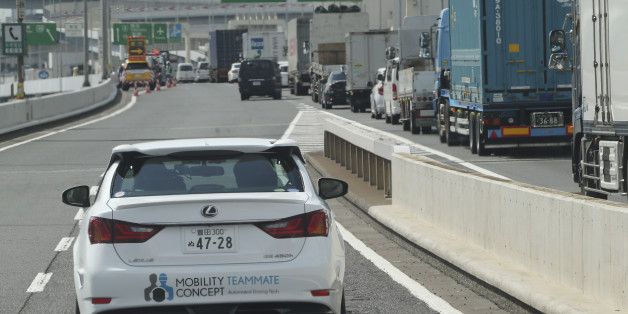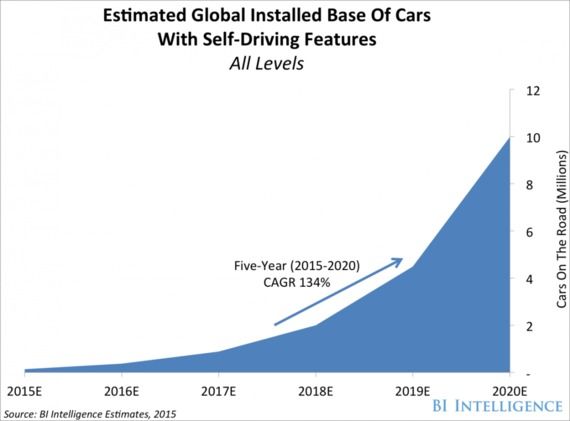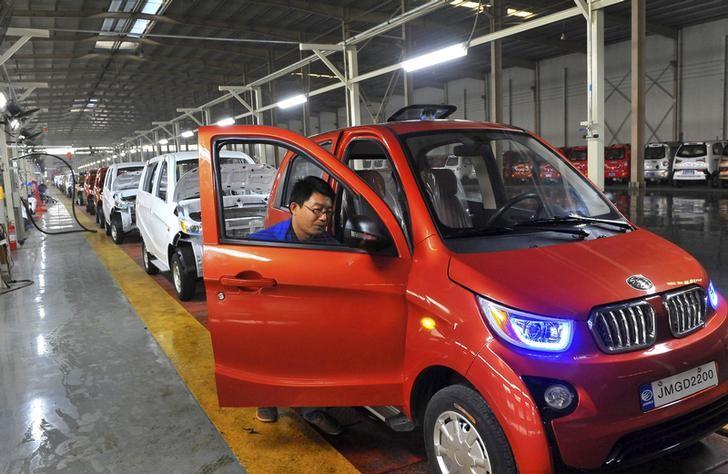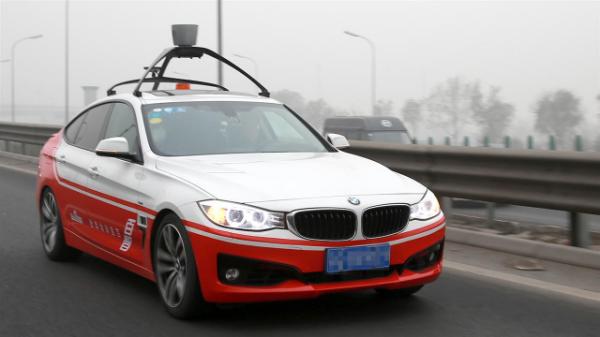The momentum of self-driving cars on the road is accelerating with the question clearly becoming “when” not “if” the widespread use of self-driving cars will be allowed. A 2015 Business Intelligence Report forecasts a compounded annual growth rate of 134% from 2015 to 2020 with at least 10 million cars on the road by 2020.
This should not come as a surprise, the descriptors for a car are heavily technology based with the importance of the car’s brains (software) rivaling its brawn (styling). Cars are already equipped with the ability to conduct specific tasks with varying degrees of driver interaction such as fully autonomous emergency breaking and semi-autonomous driver assisted parallel parking that are performed more adroitly — and safely — then the vehicle is operated by the driver. But the narrative of the self-driving car isn’t evolutionary but thought of as leapfrogging breakthroughs. Perhaps what has painted the imagery with futuristic color is the vocabulary of artificial intelligence. Fully autonomous driverless cars such as Google’s use an artificial intelligence system to pilot the car. In February the National Highway Traffic Safety Administration posted on its website that it informed Google that the artificial intelligence system pilot in a self-driving Google car could be considered the driver under federal law.






